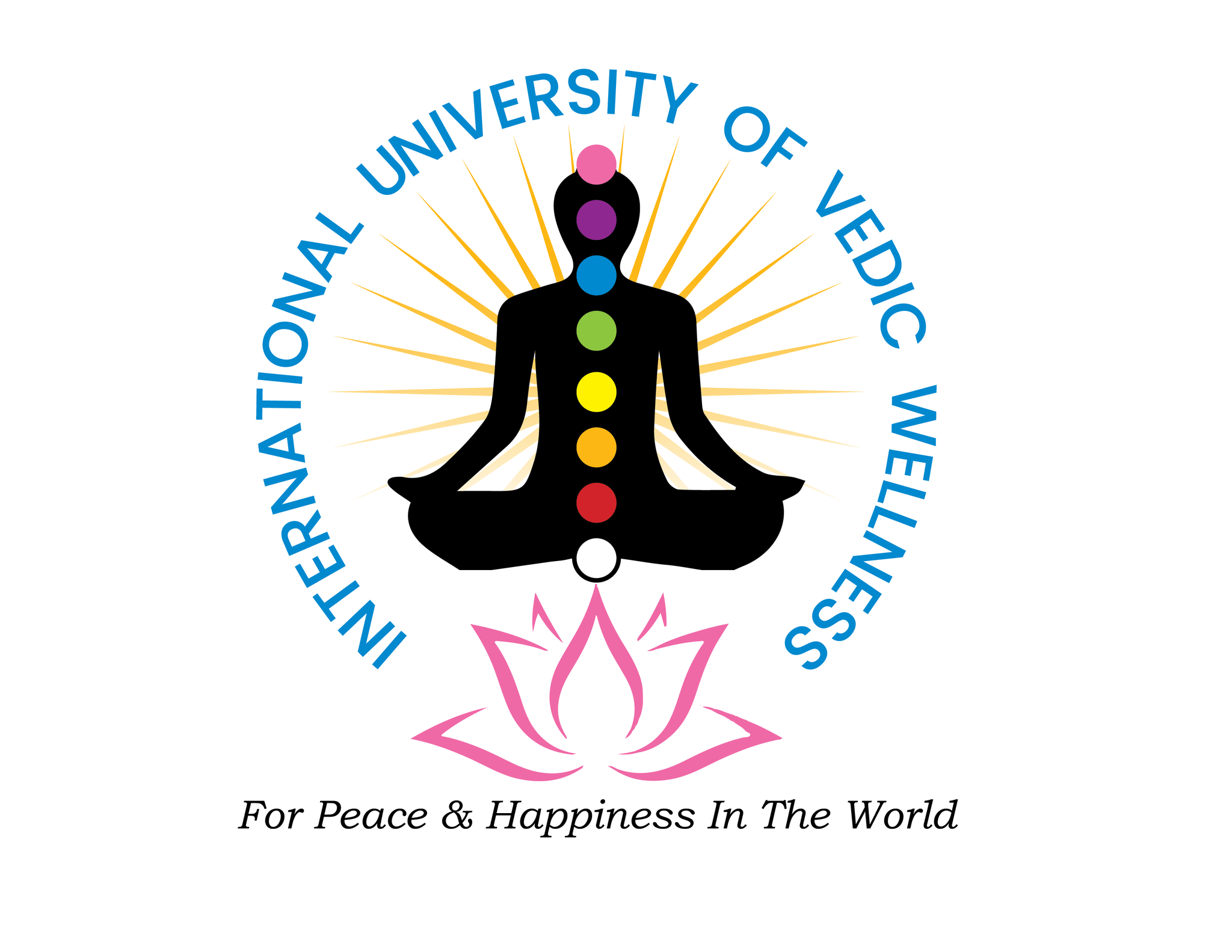(Exploring Bhagavad Gītā 3.9 through modern health research)
We often think of wellness in terms of diet, exercise, or medicine. But the Bhagavad Gita reminds us of a deeper truth -that the intention behind our actions shapes our health just as much. Modern science now shows that selfless action, done with purpose and without attachment, can calm the mind, strengthen the body, and even extend life
Sanskrit (3.9):
यज्ञार्थात्कर्मणोऽन्यत्र लोकोऽयं कर्मबन्धनः।
तदर्थं कर्म कौन्तेय मुक्तसङ्गः समाचर॥
Transliteration (IAST):
Yajñārthāt karmaṇo ’nyatra loko ’yaṁ karma-bandhanaḥ |
tad-arthaṁ karma kaunteya mukta-saṅgaḥ samācara ||
Meaning:
“Work must be performed as an offering to yajña (a higher, sacred purpose); otherwise, it causes bondage in this world. Therefore, O Kaunteya, perform action free from attachment, for the sake of the Supreme.”
The Timeless Principle
This verse from the Bhagavad Gītā highlights a subtle truth: our health and happiness are not shaped only by what we do, but also by the spirit in which we act.
- Selfish action, driven by ego or greed, creates inner stress and “bondage” -patterns of craving, dissatisfaction, and burnout.
- Selfless action, offered as a contribution to a greater purpose, leads to lightness, freedom, and resilience.
Krishna’s insight is not about abandoning action, but about transforming its inner quality – from ego-driven to purpose-driven.
Scientific Insight: The Biology of Selfless Action
Modern science is beginning to confirm this ancient wisdom.
1. Stress and Inflammation
- Studies show that altruistic acts (like volunteering or caregiving) lower cortisol (the stress hormone) and reduce inflammation.
- Chronic inflammation is a root cause of many diseases -from diabetes to heart disease. Thus, selfless service is literally anti-inflammatory.
2. Nervous System Balance
- Heart-rate variability (HRV), a marker of emotional resilience and nervous system health, is higher in people who regularly practice purposeful service.
- Higher HRV is linked with lower risk of cardiovascular disease, better sleep, and improved immunity.
3. Brain and Flow States
- Neuroscience shows that when actions are performed with deep purpose, the brain enters a flow state.
- The prefrontal cortex (responsible for focus and decision-making) is engaged, while the amygdala (stress center) quiets down.
- This means purposeful action literally reshapes the brain toward calm clarity.
4. Longevity and Purpose
- Public health studies confirm that people with a strong sense of meaning in life live longer, with lower incidence of Alzheimer’s, heart disease, and depression.
- The Japanese concept of ikigai – very similar to yajña-oriented living – is strongly correlated with healthy aging.
Wellness Beyond the Individual
The Gita’s vision of yajña is not limited to the self. It speaks of interconnectedness: just as an individual body functions well when each organ works for the whole, society and ecosystems thrive when actions are aligned with a greater purpose.
- In families, selfless action builds trust and harmony.
- In communities, it creates cooperation and resilience.
- For the planet, sustainable choices are nothing but yajña – conscious offerings for collective survival.
Key Takeaway
The Bhagavad Gītā anticipated what wellness science now affirms: true health is born not only from diet, yoga, or medicine, but also from the intention behind our daily actions.
- Work with purpose → lowers stress.
- Work with detachment → improves resilience.
- Work as offering → creates inner freedom.
Thus, wellness is not only about what we do, but about why and how we do it.




